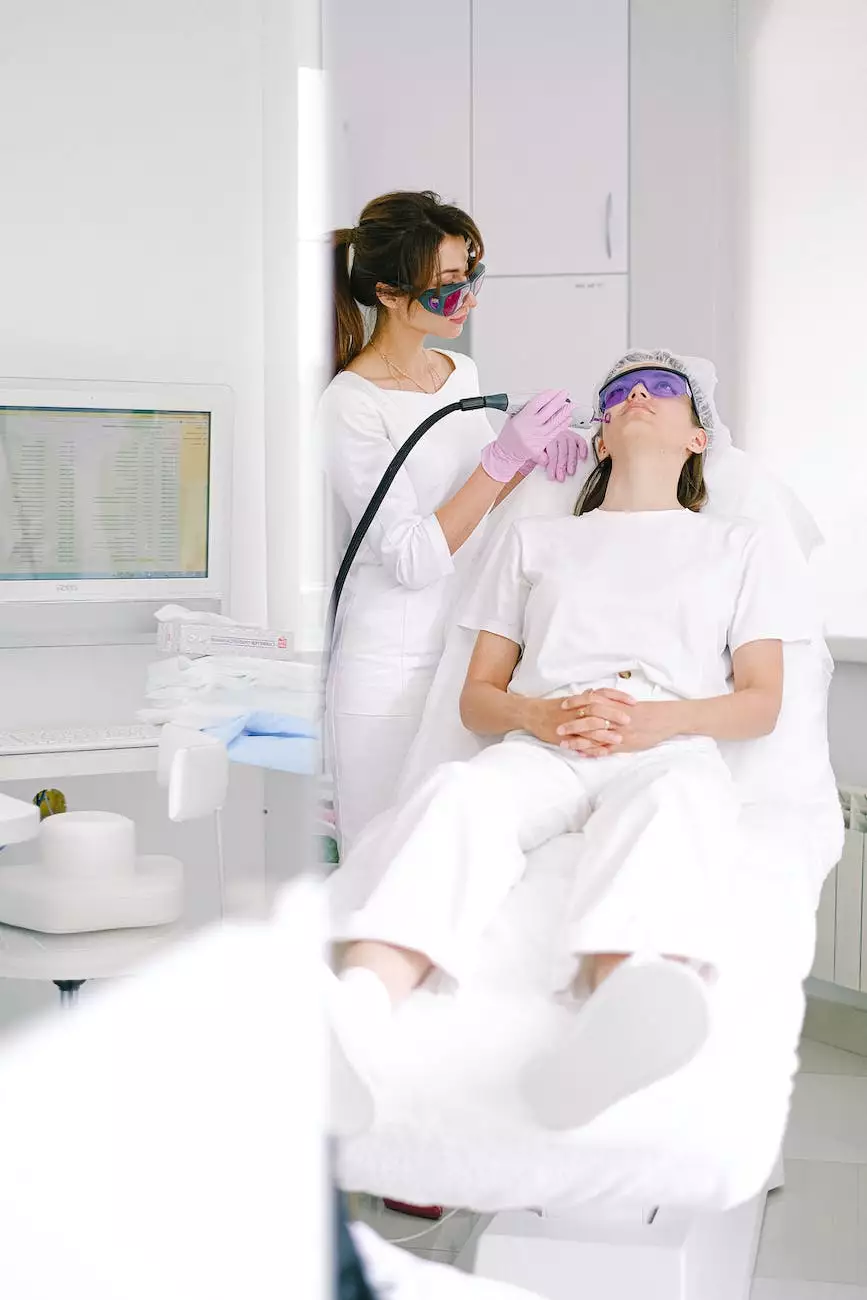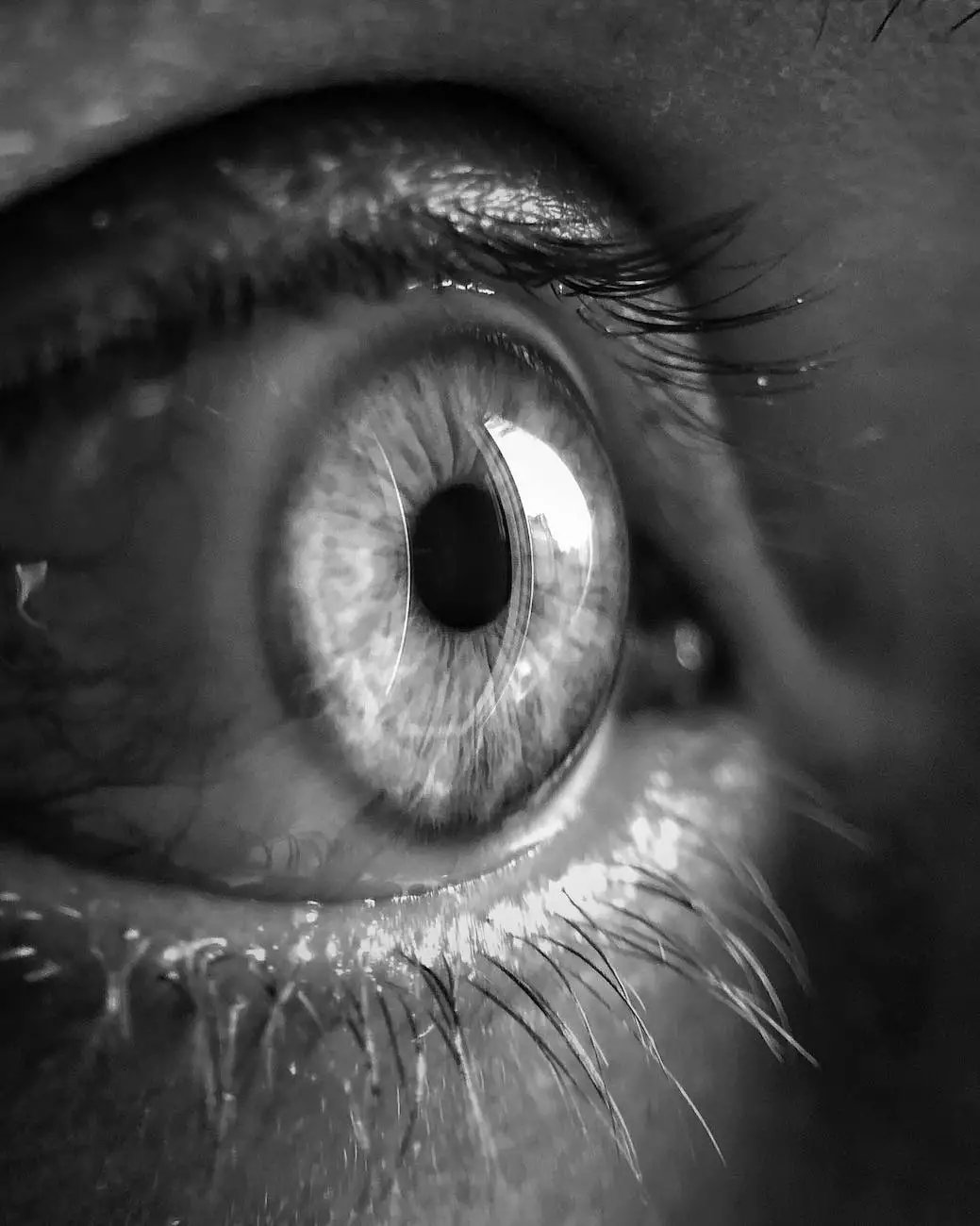Retaining your independence after a low vision diagnosis

The Impact of Low Vision
When faced with a low vision diagnosis, it's natural to feel overwhelmed and uncertain about the future. Low vision refers to a visual impairment that cannot be fully corrected with glasses, contact lenses, medication, or surgery. This condition can affect people of all ages and is often caused by age-related macular degeneration, glaucoma, diabetic retinopathy, or other eye diseases.
Adapting to Your Vision Loss
While the news of a low vision diagnosis may initially be daunting, it's important to remember that there are various strategies and resources available to help you adapt and maintain your independence. Below are some tips to consider:
1. Seek Professional Guidance
Consulting with an experienced eye care professional, such as David J Scholten, OD, PC, who specializes in low vision rehabilitation, can provide valuable insight and personalized recommendations. They can assess your specific needs, prescribe appropriate vision aids, and offer guidance on adapting to your condition.
2. Utilize Assistive Devices
Assistive devices can enhance your day-to-day activities and help you navigate the challenges associated with low vision. Devices such as magnifiers, electronic magnification systems, audio books, and screen-reading software can make reading, writing, and using digital devices easier and more enjoyable.
3. Adapt Your Environment
Modifying your environment can make a significant difference in maintaining your independence. Ensure your home is well lit and free of hazards. Use contrasting colors on walls, floors, and furniture to improve visibility. Install grab bars in bathrooms and consider adding tactile markers to help you navigate your surroundings more easily.
4. Embrace Low Vision Rehabilitation
Low vision rehabilitation is a comprehensive program designed to help individuals with visual impairments maximize their remaining vision. It includes training on assistive device usage, mobility and orientation techniques, and counseling to address emotional and psychological aspects of vision loss. Engaging in low vision rehabilitation can greatly improve your quality of life.
Lifestyle Adjustments
A low vision diagnosis may require certain adjustments in your daily routines and activities. Here are some suggestions to consider:
1. Stay Active and Engaged
Maintaining an active and engaged lifestyle can help mitigate the impact of vision loss. Participate in hobbies, community events, and social gatherings that interest you. Stay connected with friends and loved ones, as their support can be invaluable during this time of adjustment.
2. Explore Transportation Options
Loss of vision may affect your ability to drive safely. Research local transportation services, such as public transit, ride-sharing platforms, or volunteer driver programs. Understanding your transportation options will allow you to maintain your independence and remain mobile.
3. Manage Your Health
Regularly attending medical appointments, taking prescribed medications, and managing any underlying health conditions will help ensure your overall well-being. By prioritizing your health, you can better cope with the challenges associated with low vision.
Support Networks and Resources
Having a reliable support network and access to resources can make a significant difference in adapting to low vision. Consider the following:
1. Join Support Groups
Connecting with others who have similar experiences can provide emotional support, practical advice, and a sense of belonging. Joining local or online support groups can help you navigate the daily challenges and share strategies for maximizing your independence.
2. Research Community Services
Take advantage of community resources and services tailored for individuals with low vision. These may include rehabilitation centers, vocational training programs, government assistance programs, and local organizations focused on vision-related issues.
3. Stay Informed
Keep yourself updated on the latest research, advancements, and technologies related to low vision. The more you know, the better equipped you'll be to make informed decisions about your vision care and explore new opportunities for independence.
Final Thoughts
A low vision diagnosis doesn't have to diminish your independence. By seeking professional guidance, adapting your environment, utilizing assistive devices, embracing rehabilitation, making lifestyle adjustments, and accessing support networks and resources, you can live a fulfilled life and continue to pursue your passions. Remember, David J Scholten, OD, PC is here to support you on your journey to retaining your independence after a low vision diagnosis.









